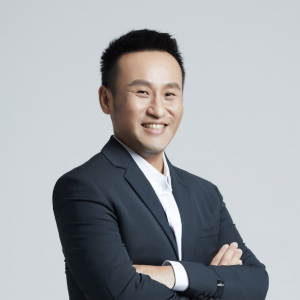Last month, while speaking with an editor from an international publication, she said to me, “Our theme for this issue is the mind game. You used to be a tennis player — that’s the ultimate mental battle, isn’t it? Could you share a match that changed you, and what you learned from it?”
That question immediately took me back to my teenage years — to a decisive match I was certain I would win, yet ended up losing completely.
At the time, I was ranked No. 1 nationally. Winning that match would have secured my year-end position. Everything started off perfectly — my rhythm was steady, my strategy precise, and I was fully in control. But after a few unforced errors, things began to fall apart. The shots I trusted most suddenly failed me. Anxiety crept in: What’s happening? My focus shifted from “How do I play the next point?” to “Please don’t make another mistake.”
From that moment on, I was no longer playing to win — I was playing not to lose. My opponent sensed the hesitation and turned up the pressure. I grew increasingly cautious, until eventually, I lost the match altogether.
It took me a long time to move past that defeat. Because deep down, I knew I hadn’t been beaten by my opponent — I had been beaten by the version of myself that was afraid to lose.
Years later, as I stepped into the professional world, I realized that almost everyone faces the same inner opponent. In entrepreneurship and investing alike, success often hinges less on intelligence or skill and more on mindset. When things go wrong, some people panic and lose focus, while others pause, assess the situation, and recalibrate. The difference is not in how fast they react, but in how well they reset. The ones who don’t dwell on the last point are the ones who have the energy and clarity to play the next.
I’ve seen founders whose first ventures failed, even earning them the label of “loser.” Yet they didn’t stay down. They absorbed the lessons, shifted focus to what came next, and tried again. Those are often the ones who go on to build great companies.
Watching them, I came to understand that the real turning point isn’t external — it’s internal. This isn’t just a founder’s lesson; it’s a lifelong practice. Life, like tennis, is a series of matches against yourself. Losing to your own fear isn’t shameful — it’s often when true growth begins. Real victory isn’t about never making mistakes, but about learning to let go, reset, and win again — this time, against the version of yourself that came before.

